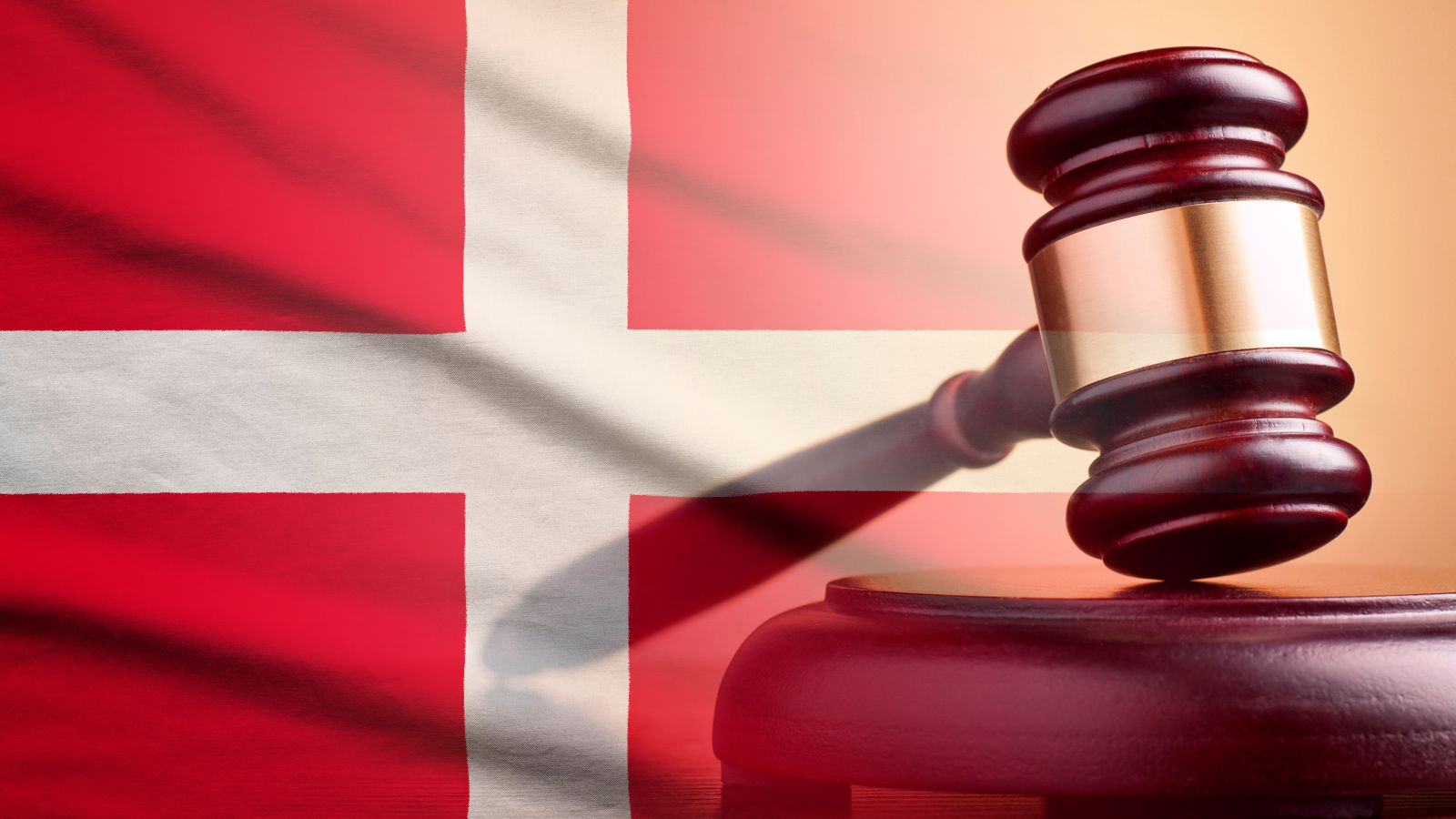
Tech Companies Warn About the Dangers of Overbroad Piracy Blocking Measures
- A group of tech giants part of the I2Coalition consider the current piracy-blocking measures to be dangerous.
- Companies like Amazon, Google, and Cloudflare say these measures are dangerous for the open internet and international digital trade.
- A few submissions to the U.S. Trade Representative highlight that extreme anti-piracy decisions could unintendedly censor legitimate content.
A coalition of major tech companies, including Amazon, Google, and Cloudflare, have raised concerns over current piracy-blocking measures. In submissions to the U.S. Trade Representative (USTR), these companies emphasize that such measures pose substantial risks to the open internet and international digital trade.
The coalition, part of the Internet Infrastructure Coalition (I2Coalition), argues that anti-piracy initiatives in countries like France and Italy disrupt international trade and could lead to unintended censorship. They stress that these measures impose high costs on U.S. companies and can inadvertently block legitimate content, impacting businesses globally.
The I2Coalition highlights cases where broad blocking orders have mistakenly targeted legitimate online services, causing widespread disruptions. An incident in Italy involving the Piracy Shield blocked a Cloudflare IP address, affecting numerous legitimate websites. Such blocking measures are often implemented without judicial review, leaving little room for businesses to seek redress.
The Audiovisual Anti-Piracy Alliance published a document announcing intentions to extend site blockades even further to VPNs, web browsers, search engines, and others. The new anti-piracy injunctions could be added to the 2019 Copyright Directive and the Digital Services Act.
Meanwhile, Italy’s anti-piracy blocking system “Piracy Shield” is gaining momentum with the approval of new proposals that force VPN and DNS services everywhere to block pirated content flagged by rightsholders.
The coalition warns that expanding piracy-blocking efforts to include DNS providers, CDNs, and VPNs exacerbates the problem. Due to the burdensome requirements, some VPN providers have already ceased operations in Italy.
The I2Coalition calls for proportional measures with appropriate checks and balances, urging the USTR to consider the technical and economic costs of these blocking regimes. They advocate for international collaboration to promote an open and secure internet, reduce the impact on digital trade, and prevent the fragmentation of the global internet.
This month, two book authors have sought the intervention of a U.S. federal court to enforce a $1.4 million piracy judgment against Cloudflare, which is still pending.
What’s more, some big publishing companies like Shueisha even go to great lengths to pursue manga pirates, including asking for U.S. courts help and leveraging Cloudflare, PayPal, and VISA data.











